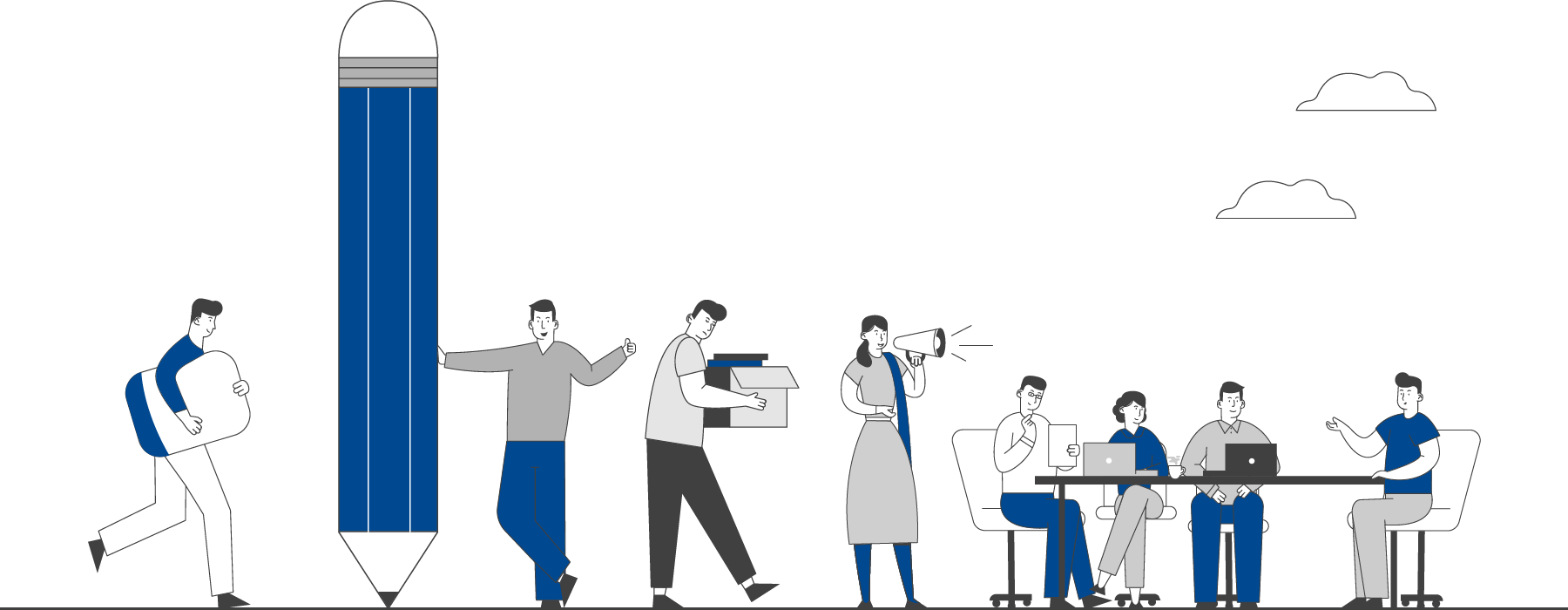

This section hosts guidelines, manuals and toolkits to strengthen public health practice.
Resources
FILTER
BY CATEGORY
View All
Protection and Waning of Natural and Hybrid Immunity to SARS-CoV-2
14 Jul 2022by Yair Goldberg et al 30 MIN
The level of protection and the presence or degree of the waning of natural immunity are both unknown despite multiple studies showing a loss in protection against severe acute respiratory syndrome coronavirus 2 (SARS-CoV-2) infection after two doses of the BNT162b2 vaccine (Pfizer-BioNTech). In people who have received vaccinations and those who have had SARS-CoV-2.10, the waning of the immune system's humoral response is well documented. Studies on seasonal coronaviruses have also revealed a decline in natural immunity and the potential for reinfection. Both at the individual and national levels, it is crucial to know how long the immunity acquired from SARS CoV-2 infection lasts and how it compares to the protection acquired through vaccination. The incidence of confirmed SARS-CoV-2 infection was assessed in the following cohorts: previously infected, unvaccinated individuals; previously infected individuals who had also received the BNT162b2 vaccine; and vaccinated individuals who had not previously been exposed to the virus. The study assessed the amount of protection against SARS-CoV-2 infection among people who had recovered from prior infections and among those who had not previously been infected and who had received the BNT162b2 vaccination. The researchers compared the level of protection in these groups to that of individuals who had received a single dose of the vaccine and later developed SARS-CoV-2, as well as to those who had recovered from SARS-CoV-2 infection and later got a single dose of the vaccine. This study measures the national decline in both natural and hybrid immunity in a practical scenario. Immunity waning was evident across all cohorts. Across all age categories, this tendency of declining immunity was noticeable. This study demonstrates that uninfected individuals who have received two doses of vaccine 3 to less than 8 months after the last immunity-imparting event are less protected than previously infected individuals who have received one or no vaccine dosage. When deciding whether and when to administer additional vaccination doses, policymakers must consider the rates of fading immunity following immunity-imparting events. The research reveals that an extra dose of the vaccine restored protection against the delta variant in both previously infected and previously immunized individuals over time.
Related File :
4496148280.pdfCategories
COVID-19

 EXPLORE DATA
EXPLORE DATA 



























